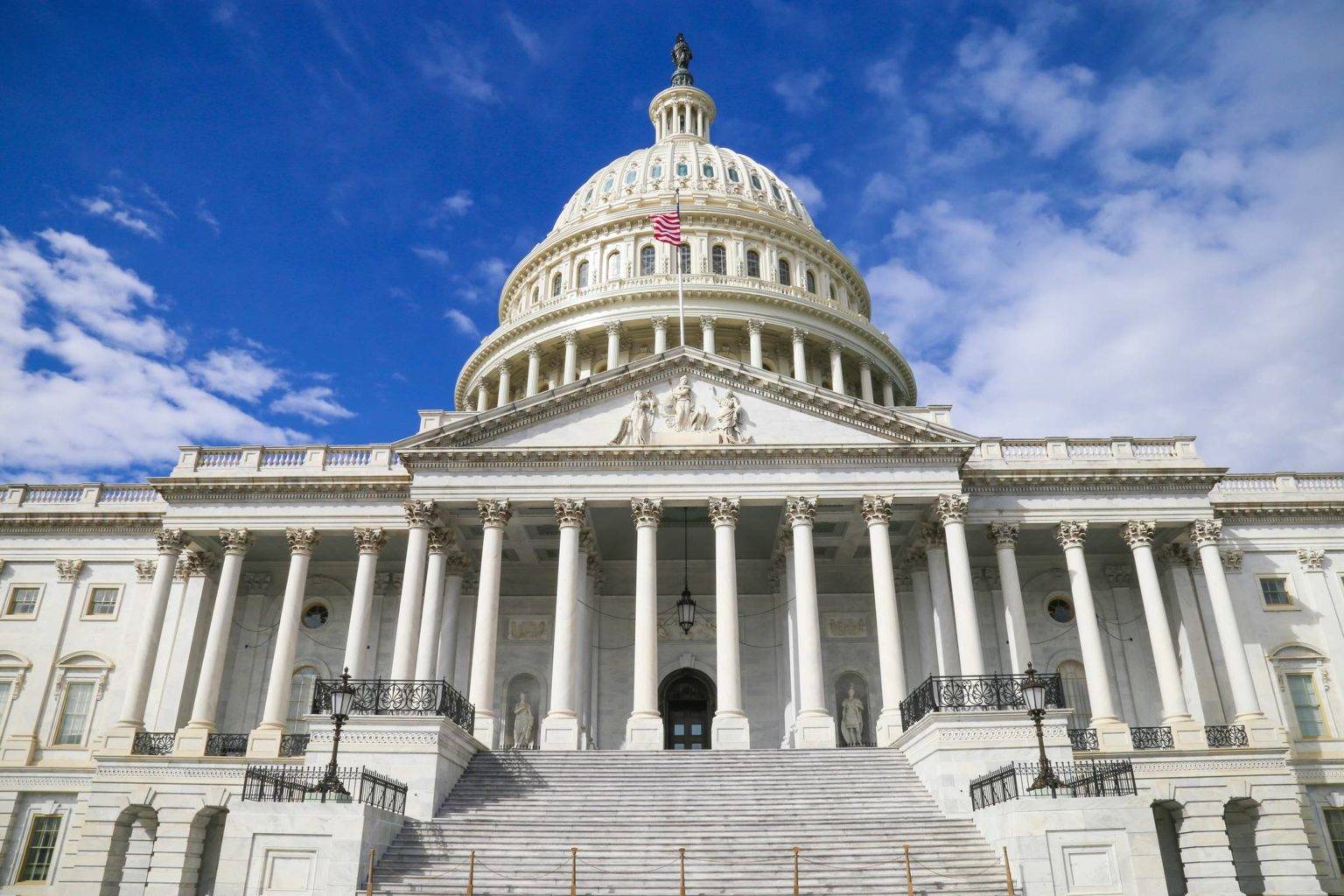Bills moving through Congress could mean more federal relief money is on its way and give cities more freedom in how they spend the money the funds that have already come through.
On Wednesday, Sen. Dan Sullivan, R-Alaska, met with President Donald Trump to discuss a bill that would make CARES Act funding much more flexible in its uses. The “Coronavirus Relief Fund Flexibility Act” introduced by Sullivan along with Sen. Lisa Murkowski, R-Alaska, and a bipartisan group of senators would allow municipalities to used federal CARES Act funding for lost revenue. Local leaders throughout the state have been vocal about needing to make up for revenue shortfall.
“It was constructive,” Sullivan said of his meeting with the president in a video statement. “I think the president’s seeing the importance of this and we continue to work on it.”
Asked when action might be taken on the bill, Sullivan spokesperson Mike Anderson told the Empire, “discussions continue to be ongoing with Congress and the administration.”
[CARES Act money is coming, but use is still unclear]
Sullivan’s bill was co-sponsored by Murkowski and Sens. Sheldon Whitehorse, D-Rhode Island; Shelley Moore Capito, R-West Virginia; Angus King, I-Maine and Kevin Cramer, R-North Dakota.
On April 30, local leaders from across the state told the House Finance Committee without the ability to backfill lost revenue, essential services would have to be cut. But congressional lawmakers responded, and now in addition to Sullivan’s bill additional legislation is being made with flexibility in mind.
On Wednesday, House Democrats introduced the Health and Economic Recovery Omnibus Emergency Solutions Act, or “HEROES” Act, which calls for an additional $3 trillion in federal relief spending.
“It seems to me that somewhere in all this there’s a solution,” City and Borough of Juneau Manager Rorie Watt said of all the bills in Congress. “It seems like it’s a priority for them.”
The city has worked to understand exactly how federal dollars can be spent. With all the new legislation coming, Watt said he felt confident the problem would be resolved.
In the meantime; however, what instructions the city does have are not entirely illuminating.
“They give a very mixed message,” Watt said of the guidance from the U.S. Treasury Department. “It’s says money can’t be part of an item you previously budgeted for but then it says…you may presume that those employees are eligible for funding.”
Cities are awaiting compliance letters being drafted by the Department of Law that will further clarify how funds can be used.
• Contact reporter Peter Segall at psegall@juneauempire.com. Follow him on Twitter at @SegallJnoEmpire.
• Contact reporter Peter Segall at psegall@juneauempire.com. Follow him on Twitter at @SegallJnoEmpire.

